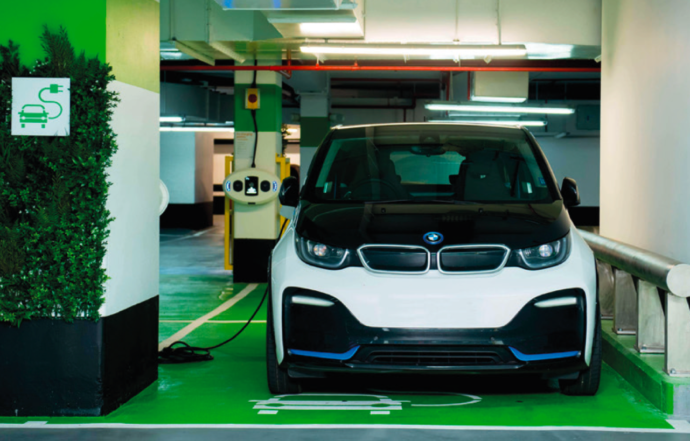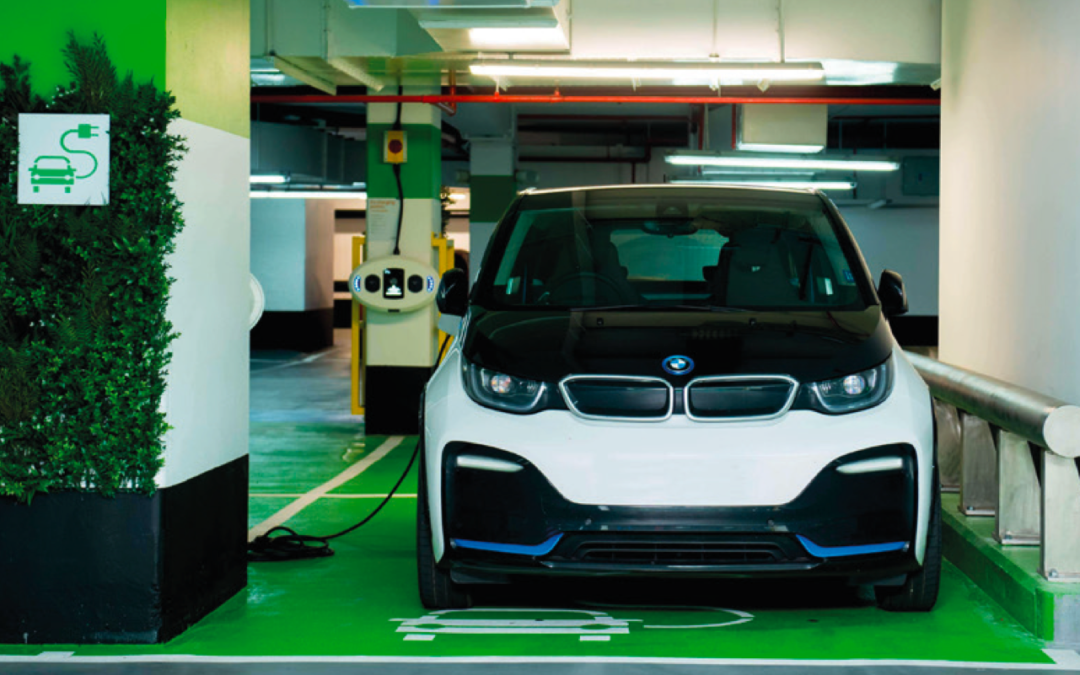
Energy Management for Cities
Based on the ambitious sustainability targets of many countries, there is a resurgence of local green power generation, both by solar and wind fields. In parallel electric vehicles are beginning to make serious inroads in the main stream automotive markets.
The combination of both is quickly increasing the challenges towards the electricity supply and underlying infrastructure. The mismatch between production (with peaks mainly at daytime) and demand (mainly peaking around the margins of the day) will require increased storage capacity. For most consumers the grid still acts as a free battery. For industry and government however, and with the rise of smart meters soon for consumers as well, feed tariffs will soon be varying as compared to regular tariffs, trying to balance supply and demand.
For cities and large property owners there is a (future) business case to add local storage to the equation and use your own (electric) car fleet to optimise supply and demand, minimising energy costs. The succes of the business case will largely depend on the ability to react on dynamic pricing as well as predict generation, consumption and prices. These predictions are crucial towards defining the best strategy to minimise cost or green house gasses, or limiting peak demands towards the grid.
OpenRemote started working with several European cities to implement a solution which manages dynamically the optimisation strategy for energy storage and demand response, crossing existing vertical solutions distributed around a city or area. Amongst these cities are Arnhem (Netherlands), London and Nottingham (UK) and Schwäbisch-Gmünd (Germany). The solution is build on OpenRemote’s new version of the Manager 3.0.
If you are interested or want to join these cities, don’t hesitate to get in touch. Otherwise just keep following us.
